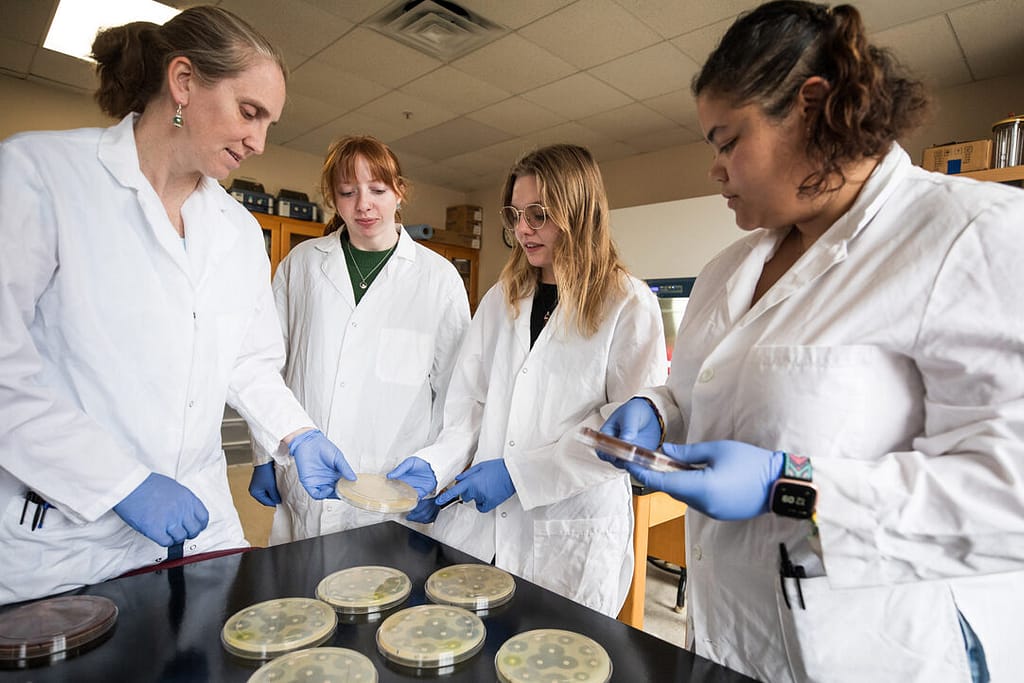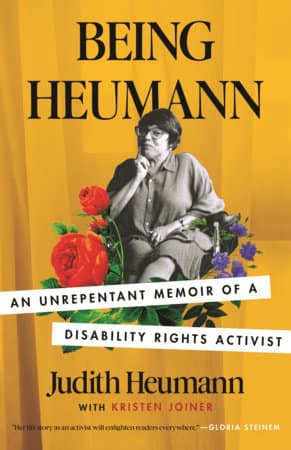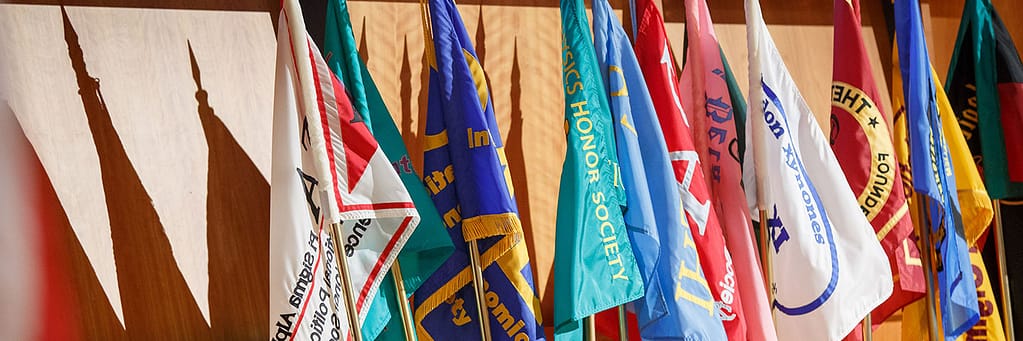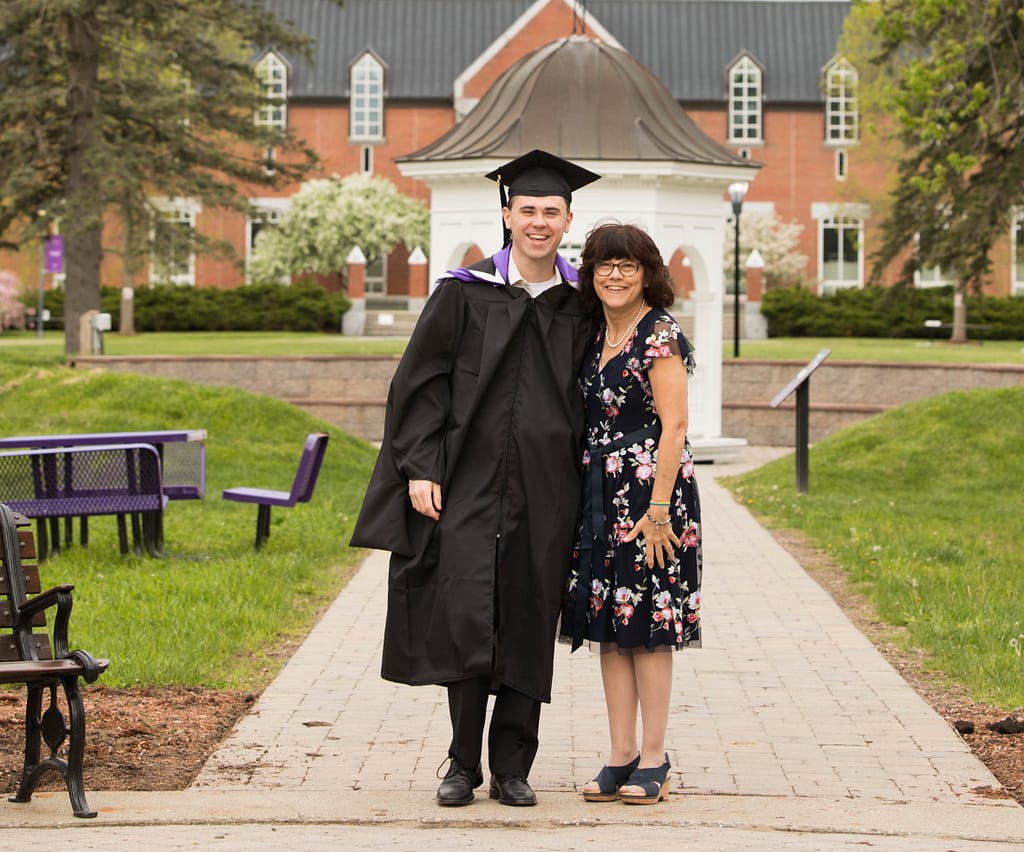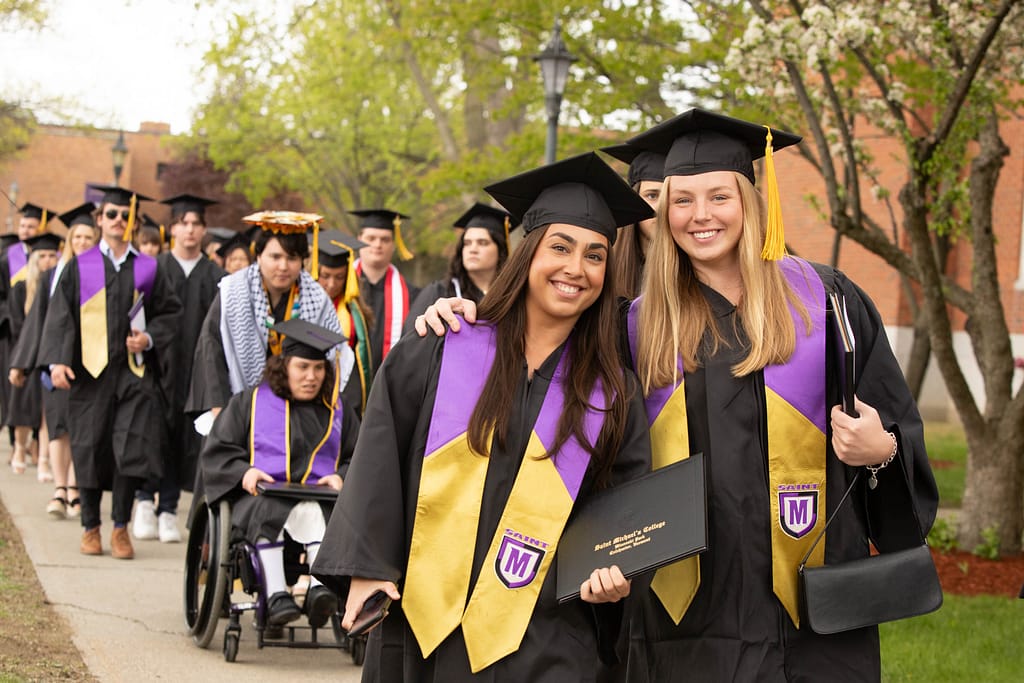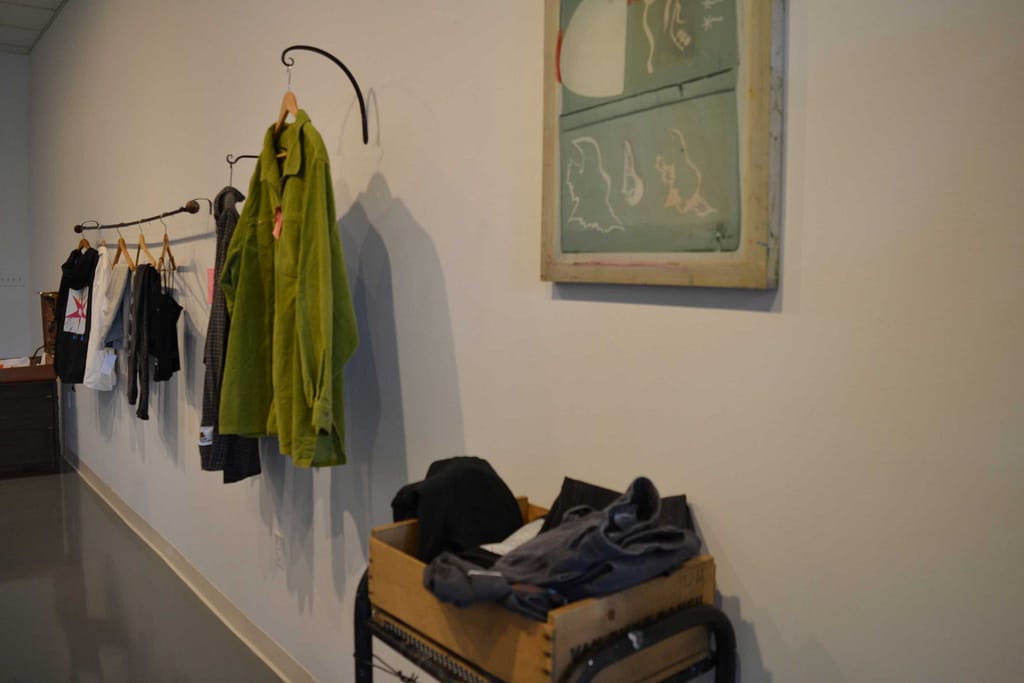Liberal arts majors more practical as career preparation than many imagine
Part 1: Faculty leaders from music, education studies, philosophy, equity studies and gender studies lay out the broad benefits of their academic specialties
The liberal arts lens is an invaluable method through which to view higher education. Saint Michael’s College prides itself on upholding the core values of a liberal arts education: cultivating passions and giving students a holistic set of skills that prepare them as much as possible for the professional world.
Exercising skills such as critical thinking, communication, creativity, and patience are essential to take into the professional world. Students sometimes might overlook some of the majors in this article because they lack clarity on how the majors might apply directly to future careers. However, Saint Michael’s leaders say they are attractive majors for those who wish to cultivate a skill set as opposed to just training for a specific career. Students learn to follow their passions instead of following the path that has a clear line to specific professions. In most cases, students discover that these majors broaden their career options and ultimately makes them more, not less, employable.
This first part of two articles highlights the Music, Education Studies, Philosophy, Equity Studies, and Gender Studies Departments.
Music Major/Minor
Honors Program Director and Music Professor Nathaniel Lew
Music, though a specialized program, is a widely appreciated area of study in terms of building interpersonal skills. Music professor and Honors Program Director Nathaniel Lew classified the major as “particularly broad in the skills that it develops.”
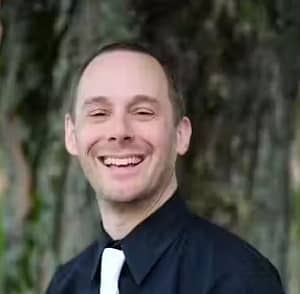
Nat Lew
“Most students coming to college assume that a ‘music major’ is a kind of music-conservatory degree consisting entirely of lessons and performances,” said Lew, “In fact, as a liberal arts college, performance is only a small part of the music degree.”
Lew described the new addition of non-Western styles of music into the courses available within the department, such as spotlights on Indonesian rhythmic cycles and Arabic maqams. Alongside expansion of available courses, the music major pushes students to develop skills that are essential in the professional world.
“In addition to specific kinds of careers… a music major, like any liberal arts humanities major, prepares a graduate to take on a variety of challenges,” Lew said. “Every study ever done on the subject shows that people who get broad educations in the liberal arts and sciences and stretch themselves to collect many complex skills do better in any career they choose, even if they change careers multiple times.”
The careers that Saint Michael’s Music Department alumni have gone into are nothing short of expansive. “We have alumni who are folk performers, film and classical composers, church music directors, singer-songwriters, music teachers at various levels, recording engineers, military musicians, music company executives, music therapists, club managers, and college professors,” Lew said. “The finest saxophone player who ever attended St. Mike’s played the Glazunov saxophone concerto in his senior recital, then did a post-bac pre-med course, went to dental school and is now an oral surgeon. We also have music graduates who are radio journalists, pharmacists, accountants, and veterinarians.”
Education Studies Major/Minor
Department Chair and Education Professor James Nagle
Saint Michael’s College has a strong education program, but the major of education studies is the less known facet of that program. Speaking with Professor James Nagle, education professor and department chair, cast some light on the difference between an education major in the traditional sense and education studies.

James Nagle
“Ed Studies allows students to explore many facets of education and then choose a concentration that is not part of the traditional education majors (teaching in elementary, middle or high schools),” Nagle said. “Ed Studies majors can choose from seven concentrations (special education, early childhood education, language and cultural studies, environmental education, museum and history studies, education policy, and school guidance counseling) or can build their own concentration with the help of their education advisor.” He also explained that faculty advisers encourage students who wish to double major with an education studies degree since that is so accessible for most.
Alumni of the education studies program at Saint Michael’s have gone into a wide range of professions such as social services, speech pathology, special education, and environmental education to name a few.
“If you know that you want to do something in education after college but not sure what, Ed Studies is perfect for you,” Nagle said, “It allows you to explore the field to figure out what direction you want to go.”
Philosophy Major/Minor
Department Chair and Philosophy Professor Crystal L’Hôte
“I don’t think students are surprised to discover that philosophy, the pursuit of wisdom, ranges over many subject areas, time periods, and regions of the world,” philosophy Professor and Department Chair Crystal L’Hôte said about the major’s applicability to life and the world beyond college.
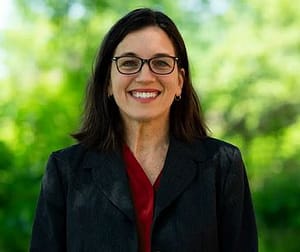
Crystal L’Hote
L’Hôte shared the intrinsic value in being able to communicate well, think critically, creatively problem solve, and navigate uncertainty. “These skills equip philosophy majors to excel in fields like public policy, bioethics, law, leadership and management, education, consulting, marketing, counseling, social work, software engineering, communications/public relations, journalism, the arts, ministry, research and analysis, politics, government, and library sciences,” she said. “It may be a surprise too that philosophy majors get into law school and even medical school at exceptionally high rates.”
“The philosophy major also boosts the intellectual and public value of other majors,” L’Hôte said. “For example, a STEM major who also majors in philosophy is primed to ask questions others aren’t asking and to see alternative experiments or explanations. A business major who also majors in philosophy is primed to see the big picture, think outside the box, and provide visionary leadership.”
The Saint Michael’s College Philosophy Department is made up of faculty who are geared toward both teaching and learning in a holistic sense, and are deeply committed to preparing students for experiences both within and outside of the classroom.
Equity Studies Major
Director of the First-Year Seminar Program, Equity Studies Department Chair, and French, International Relations, and Equity Studies Professor Peter Vantine
“No experience required, just a desire to learn!” Peter Vantine, professor and department chair of the equity studies major touts.
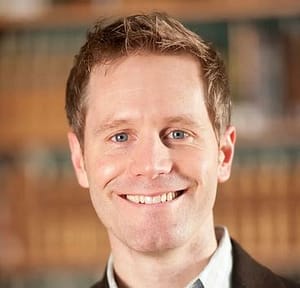
Peter Vantine
It can be a daunting task to walk into a classroom without a lot of previous knowledge no matter the subject, but with topics as relevant to society today as equity and social justice, that inexperience often carries a different weight. Vantine assures prospective equity studies majors that there are no expectations that students will already be experts in the field.
For curious students, Vantine encourages them to start small with one or two classes they are interested in. “Within those areas, they could start with a topic that they already know and care about, such as race and ethnicity or gender and sexuality, which might be topics they’ve already encountered in school,” he said, “or they could begin by trying a topic they are curious about but haven’t had an opportunity to study before such as disability, which is less widely studied – although more and more students are arriving with a specific interest in this important topic.”
In the age of technology and globalization, the interdisciplinary nature of equity studies creates an applicable and celebrated area of study. “A degree in equity studies, by itself or in combination with other areas of study, is excellent preparation for positions in fields such as advocacy, fundraising, event planning, human resources, legal services, social work, teaching, journalism, civil or foreign service, and any number of domestic or international nonprofit organizations,” Vantine said.
Gender Studies Major/Minor
Gender Studies Department Chair and Gender Studies, American Studies, and English Professor Maura D’Amore
Gender Studies department chair as well as gender studies, American studies, and English professor, Maura D’Amore shared how the gender studies major celebrates many aspects of a liberal arts education, but also upholds the Edmundite tradition of activism. “[The gender studies major] is a liberal arts field that signals sensitivity, intelligence, social and cultural awareness, and an interest in activism,” D’Amore said.
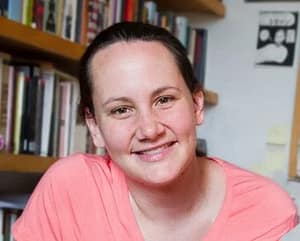
Maura D’Amore
“Some [alums of the gender studies major] work for nonprofits, advocating for LGBTQI+ individuals, in the field of sexual health, in facilitating anti-oppression practices, and in domestic violence intervention and healing,” D’Amore said, “Others have gone on to become lawyers, psychologists, teachers, doctors, museum curators, and librarians.”
Similar to the philosophy major, D’Amore related the skills acquired through the gender studies major as highly applicable to the “real world.” “The critical thinking skills honed in this major are applicable to any field you choose to go into: issues related to gender and sexuality intersect with everything,” she said.
“GS majors spend a lot of time thinking about how individuals are read, and read others, in society, about stereotypes and structural histories of oppression, and about how communities can come together to make change and space for all,” D’Amore said.
